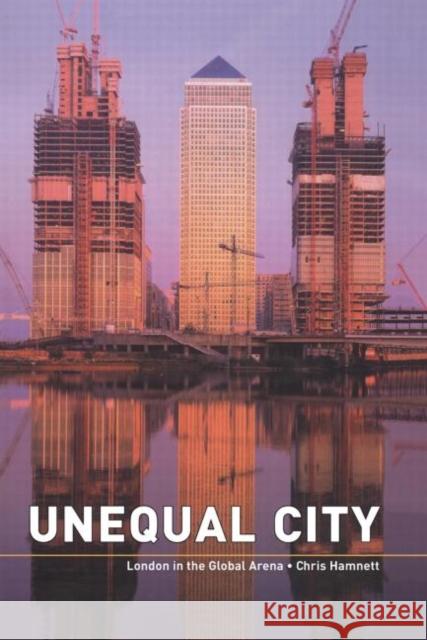Unequal City : London in the Global Arena » książka
Unequal City : London in the Global Arena
ISBN-13: 9780415317306 / Angielski / Twarda / 2003 / 304 str.
Unequal City : London in the Global Arena
ISBN-13: 9780415317306 / Angielski / Twarda / 2003 / 304 str.
(netto: 927,20 VAT: 5%)
Najniższa cena z 30 dni: 881,54
ok. 16-18 dni roboczych.
Darmowa dostawa!
Unequal City examines some of the dramatic economic and social changes that have taken place in London since the 1960s. It describes how London's changing industrial structure, particularly the shift from an industrial to a services based city, and the associated changes in occupational class structure and in the structure of earnings and incomes, have worked through to the housing market and the gentrification of large parts of inner London. This has had major consequences for both the social structure and the built environment of London. It asserts that this transformation in London's industrial structure, from a city with a large manufacturing base to one based primarily on business, financial, creative and other services, is linked to a major change in its occupational structure. But, unlike much of the literature, which argues that cities like London have become increasingly socially polarized, it argues that London has become more professionalized and has a shrinking manual workforce. The changes in the industrial and occupational structure of London have been linked to changes in its earnings and income structures.











